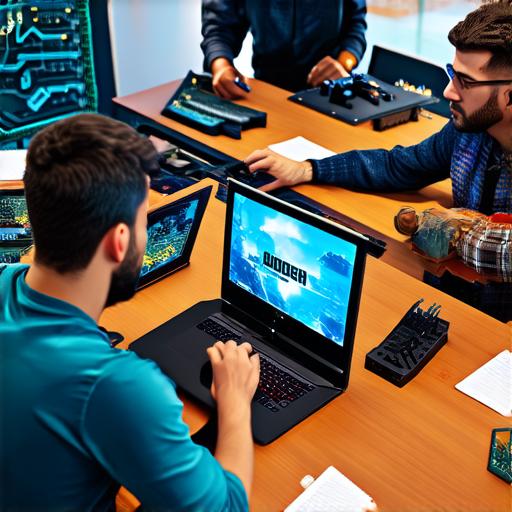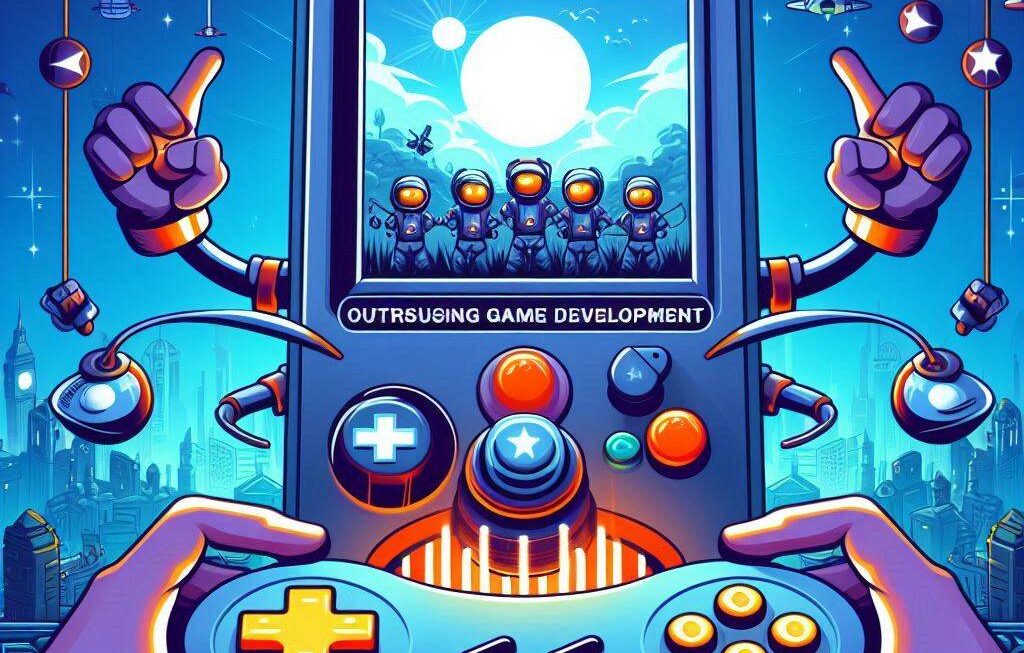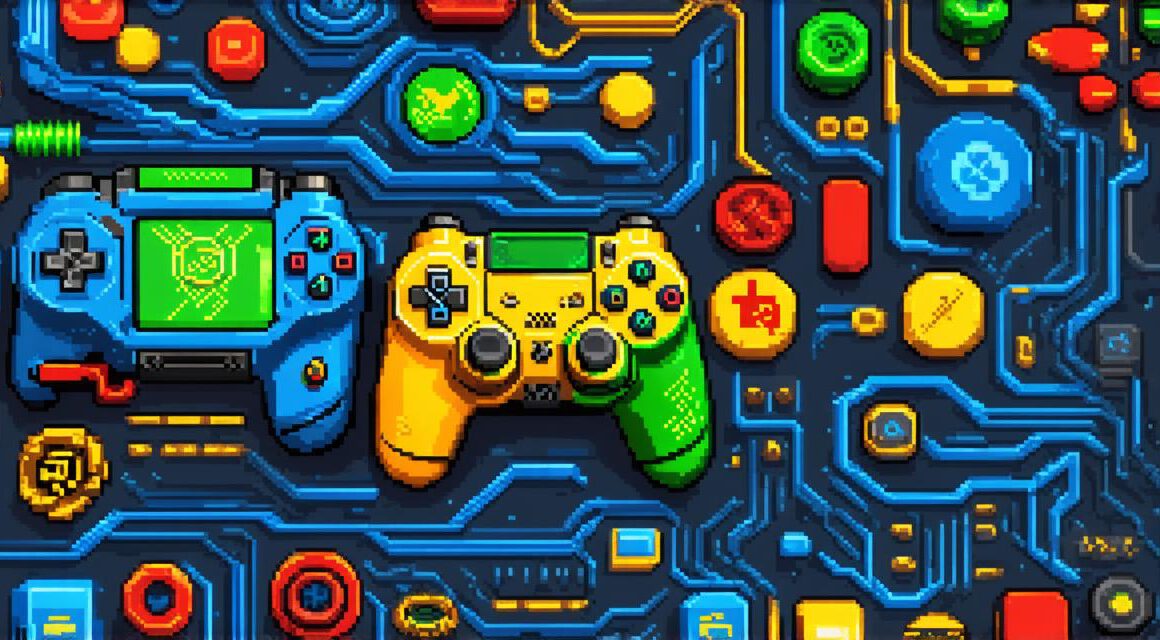Team up with other developers to create larger, more complex games. This collaboration not only divides the workload but also brings together different skill sets, leading to a more polished final product. For instance, a developer specializing in programming might team up with an artist or designer to create a visually appealing game.
Seek out partnerships with artists, musicians, or writers to enhance your projects. These collaborations can add depth and richness to your games, making them more engaging for players. For example, Super Meat Boy, a popular indie platformer, was made even more memorable by the catchy music composed by Danny Baranowsky.

Join forces with other indie studios for mutual support and growth. This can provide opportunities for learning, sharing resources, and gaining exposure to new audiences. Collaborative projects can also help build a strong community within the indie game development scene.
7. Pitch Your Ideas
Develop a compelling pitch for your game concept. A good pitch should clearly communicate the unique selling points of your game, its target audience, and how it stands out from other games in the market.
Approach publishers, investors, or potential partners with your idea. This could involve sending emails, making phone calls, or attending industry events to network and share your work.
Be prepared to adapt and refine your pitch based on feedback. Remember that constructive criticism is a valuable tool for improving your game and increasing its chances of success.
8. Embrace Diversity
Incorporate diverse characters, settings, and narratives in your games. This not only reflects the real world but also offers players a wider range of experiences to connect with.
Foster an inclusive environment within your team and the gaming community. Encourage open dialogue, respect differences, and promote equality in all aspects of game development.
Advocate for representation and equality in the game development industry. This can involve speaking out against discrimination, supporting underrepresented voices, and working to create a more inclusive and equitable industry.
9. Stay Resilient
Prepare for challenges and setbacks in the industry. The game development process is often filled with obstacles, but maintaining a positive attitude can help you overcome them.
Maintain a growth mindset and learn from criticism. Use setbacks as opportunities to improve your skills and refine your work.
Adapt to changes in technology, market trends, and consumer preferences. Staying up-to-date with industry developments can help you stay competitive and relevant.
10. Give Back to the Community
Share your knowledge and experiences with others. This could involve writing tutorials, speaking at events, or mentoring other developers.
Contribute to open-source projects or game development tools. This not only helps the community but also builds a strong network of supportive peers.
Support other developers by playing their games, offering feedback, and promoting their work. A thriving indie game development scene benefits everyone involved.
In conclusion, breaking into the game development industry is a challenging yet rewarding journey. By mastering the basics, building a portfolio, networking, learning from experimentation, collaborating, pitching ideas, embracing diversity, staying resilient, and giving back to the community, you can increase your chances of success in this exciting field.



